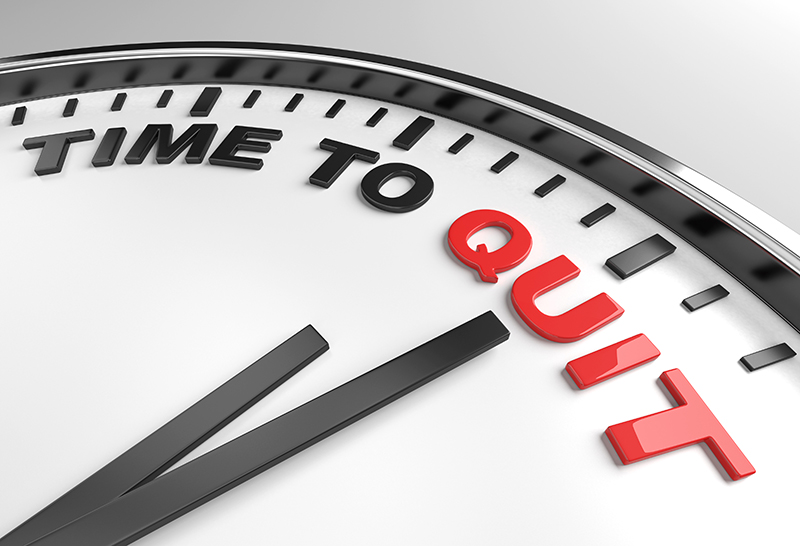September Self-Improvement Series Tip #1: Getting Enough Sleep
*We may earn a commission for purchases made using our links. Please see our disclosure to learn more.
Are you struggling to get enough shut-eye? Sleep deprivation is no joke, and it can take a serious toll on your health. According to Harvard, insufficient sleep can affect everything from mood to mortality.
We are a society that burns the candle at both ends, a nation where people stay up all night to study, work, or have fun. However, going without adequate sleep carries with it both short- and long-term consequences.
In the short term, a lack of adequate sleep can affect judgment, mood, ability to learn and retain information, and may increase the risk of serious accidents and injury. In the long term, chronic sleep deprivation may lead to a host of health problems including obesity, diabetes, cardiovascular disease, and even early death.
According to the Office of Disease Prevention and Health Promotion, there are several key factors why adults have difficulty falling asleep. These factors include:
- Stress
- Pain
- Health conditions
- Alcohol and drugs
- Untreated sleep disorders
- Heartburn or asthma
You know sleep is important. But when you’re burning the candle at both ends, how are you supposed to make sure that you get enough rest?
- Go to Bed at the Same Time Every Night
If you depend on a schedule to keep you moving during the day, it’s smart to schedule a bedtime routine for yourself as well. Psychology Today explains how We Are Creatures of Habit, and getting into a habit of a consistent bedtime can do nothing but help.
- Put Down Your Phone
Reading your phone in bed can seriously disrupt your sleep. Digital devices emit a blue light that results in suppressed melatonin—which is the hormone that controls your sleep/wake cycle. Playing on your phone too close to bedtime can make it difficult to fall asleep. It also keeps your mind engaged, which forces your brain to keep its wheels turning.
- Try a Short Power Nap
If you’re not able to stretch the amount of hours that you sleep at night, a short power nap can work wonders.
What’s a power nap? According to WebMD, a power nap is a 20-minute nap that is also known as a stage 2 nap. It helps boost alertness and motor skills. If you need a boost in memory, try napping for 30 to 60 minutes.
Cat napping is also better than caffeine, since a cup of joe can decrease memory performance.
Other ways that you can get more ZZZs out of your night include turning your clock away from your bed, since the time may cause anxiety about the day ahead. Try exercising 3 to 4 hours before bed, and maintain a healthy diet.
Best Life Hub: The Ultimate Source for Self-Improvement
Our goal is to help you create the life that you always wanted. Whether that involves getting more rest or improving other areas of your life, be sure to explore our content for more helpful self-improvement tips.




